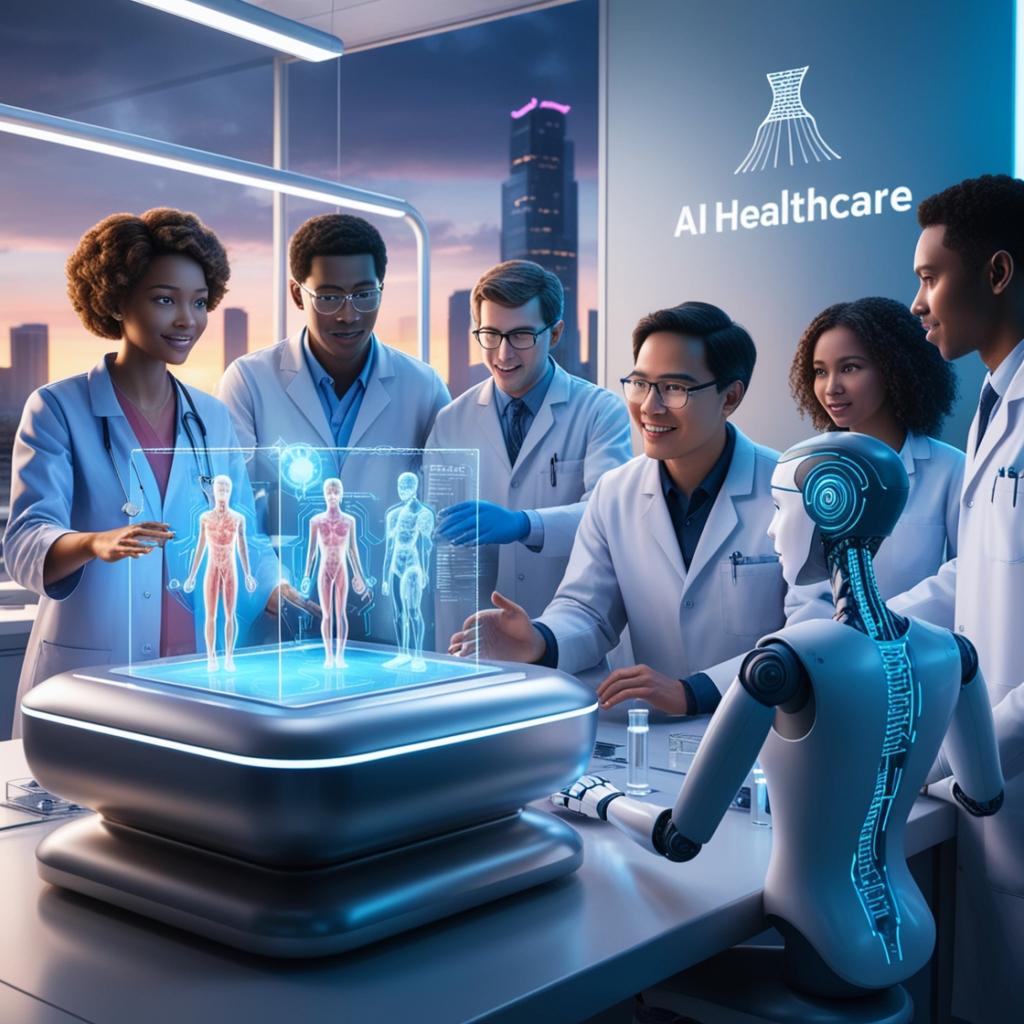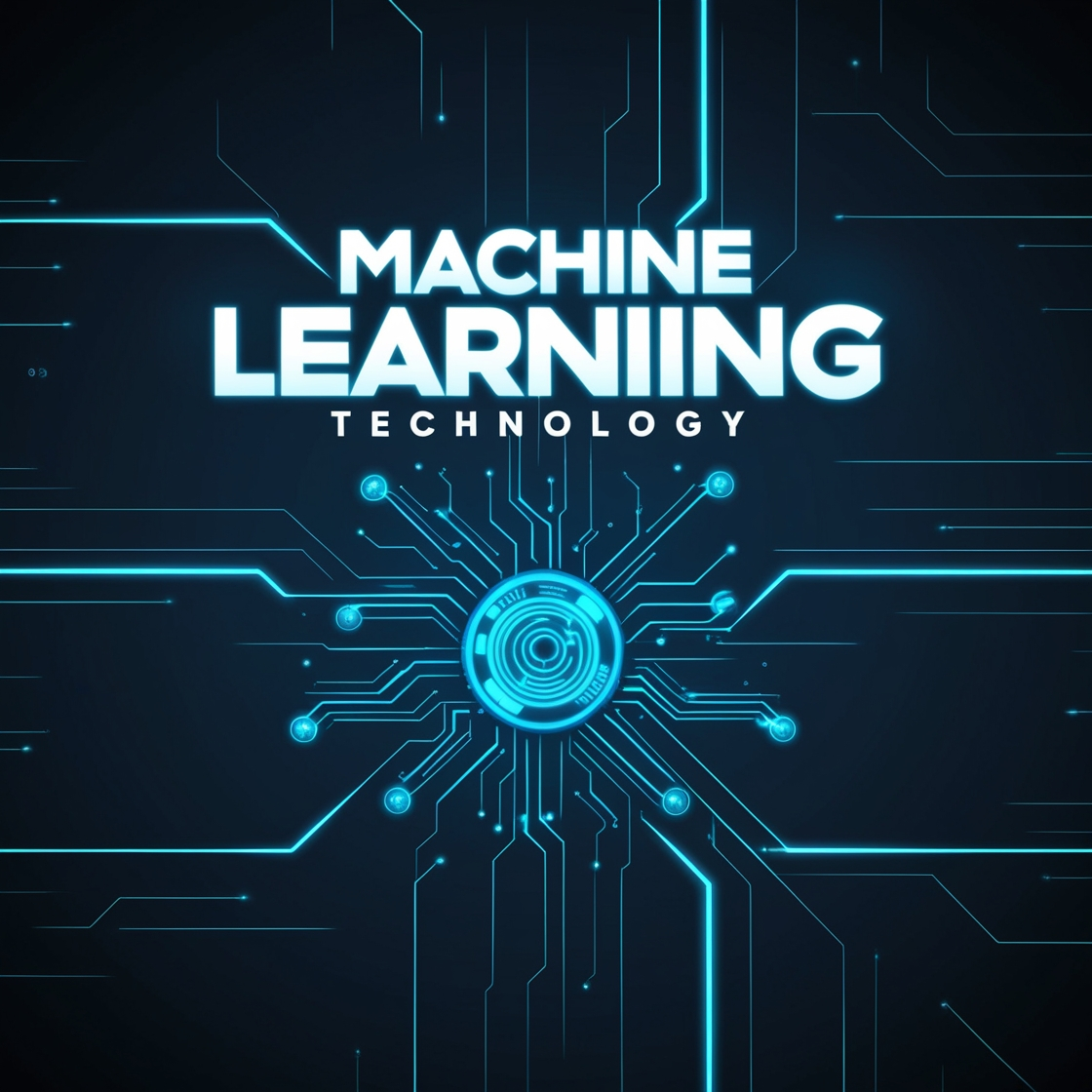Explore how transformative AI is revolutionizing healthcare and medicine, enhancing diagnostics, treatment, and patient care through innovative technologies.

INTRODUCTION
Artificial Intelligence is becoming the new norm of institutions and the health sector is not left behind. The integration of artificial intelligence in healthcare and medicine offers several advantages: accurate evaluations, effective treatments, and streamlined organization. This blog focuses on the social applications of AI in these fields. It is centered on the present and future application, benefits and drawbacks of employing artificial intelligence in the discipline.https://www.ncbi.nlm.nih.gov/pmc/articles/PMC8285156/
Applications of AI in Healthcare
AI’s applications in healthcare are vast and diverse, ranging from administrative automation to advanced clinical practices. Here are some key areas where AI is making a significant impact:
1.Diagnostics and Imaging:
Neural networks especially deep learning are quite effective in handling medical images like X-rays, MRI’s, and CT scan. For example, AI systems can detect potential abnormalities in diseases like cancer, cardiovascular conditions, and neurological disorders at early stages. These abnormalities are often not visible to the human eye. DeepMind, Google’s AI division, has developed a system that can diagnose eye problems with high accuracy, even without using eye scans.
2.Personalized Medicine:
AI predicts the patient’s individual needs with the help of their genetic characteristics, lifestyle, and surroundings. It is especially helpful in oncology as AI allows one to prognose how a particular patient will react to the given treatment and adjust therapies to the patient’s needs.
3.Drug Discovery and Development:
The conventional process of drug discovery is costly and takes time to complete. AI becomes a way to push this process further and guess the possible drugs and their influences on human cells. Business such as Atom wise and Benevolent AI are utilizing artificial intelligence to identify drugs more efficiently and very expensively.
4.Virtual Health Assistants:
Computer-generated health informatics, such as IBM Watson and Babylon Health, offer round-the-clock assistance to patients through intelligent virtual health assistants. These assistants can answer health-related queries, remind patients of their last medication dose, and even schedule doctor appointments.
5.Predictive Analytics:
Historical data analyzed through predictive analytics assist in forecasting incidences of diseases, admissions and even prognosis of a patient’s outcome. For example, AI can predict which patients are most likely to develop chronic diseases based on their medical history, allowing for earlier management and intervention.
More information here:https://www.foreseemed.com/artificial-intelligence-in-healthcare
Benefits of AI in Healthcare
The integration of AI in healthcare brings numerous benefits, including:
1.Improved Accuracy and Efficiency: AI systems can take much larger amounts of data and process it in a shorter amount of time with less chance of error. This means less misdiagnosis, proper use of resources in treatment provision and overall improvement of the patients’ wellbeing.
2.Cost Reduction: AI can offset ordinary bench activities like appointment setting, billing, and claims, hence lower the overall expenses of the facility. Moreover, by forecasting disease cases and patient admissions, the application helps healthcare facilities manage their resources more effectively.
3.Enhanced Patient Care: With AI handling routine tasks, healthcare professionals will have more time to spend with patients. It also invites constant supervision of the patient by feeding doctor/caretakers with current details about his status.
4.Accelerated Research and Development: AI cuts the time needed for research and development in the pharmaceutical field hence the provision of new drugs and therapies in the market. This is rather important especially when new conditions, diseases, and pandemics, such as COVID-19 begin to arise.
Challenges and Criticisms
Despite its potential is the adoption of AI in healthcare faces several challenges and criticisms:
- Data Privacy and Security: AI in health care is the management of patient’s data and hence requires discretion. This data is very sensitive and needs to be protected at all costs; and the consequence of having this data violated are grave.
- Ethical Concerns: The use of AI has several dilemmas especially in the aspect of decision making and responsibility. For example, Who is to blame when an AI system offers wrong diagnosis or treatment.
- Integration with Existing Systems: The implementation of AI in that existing framework can be challenging for the healthcare entity. A tremendous amount of nascent healthcare infrastructure and its human capital also requires upgrading for efficient AI use.
- Bias and Fairness: AI systems can inherit biases present in the data they are trained on. This can lead to biased outcomes, which is particularly concerning in healthcare where fairness and equality are critical.
The Future of AI in Healthcare
The future of AI in healthcare looks promising, with ongoing advancements expected to address current challenges and unlock new possibilities:
- Robotic Surgery: AI-driven assistants are already being developed and will transform surgery with their precision and accuracy. These robots can perform delicate operations with minimal intrusions, leading to shorter recovery periods for patients.https://builtin.com/artificial-intelligence/artificial-intelligence-healthcare
- AI in Genomics: AI is expected to significantly impact genomics by enhancing the search for patterns in genetic data related to diseases and potential cures. This results in focused advancement in the research of genetic diseases and possible cures for the diseases.
- Telemedicine and Remote Monitoring: This emerging healthcare technology has gained momentum due to the COVID-19 pandemic. AI is particularly useful for remote patient monitoring, as it provides doctors with up-to-date health reports, allowing for timely interventions.
- AI in Mental Health: Mental health applications are now utilizing chatbots for early self-evaluation and detecting mental health issues based on behavioral patterns.https://timevision.in/ai/the-evolution-of-artificial-intelligence-recent-advancements-and-future-directions/
Conclusion
Artificial intelligence is indisputably disrupting and revolutionizing the healthcare and medicine industries in ways that create previously unimaginable chances for enhancing the quality and the accessibility of the treatments, decreasing the expenses, and intensifying the research. However, successfully integrating AI depends on addressing several ethical, privacy, and technical issues. AI technology is emerging as a powerful tool for transforming healthcare. It promises better patient care with reduced time and costs, thanks to ongoing advancements and refinements.




Leave a Reply
You must be logged in to post a comment.